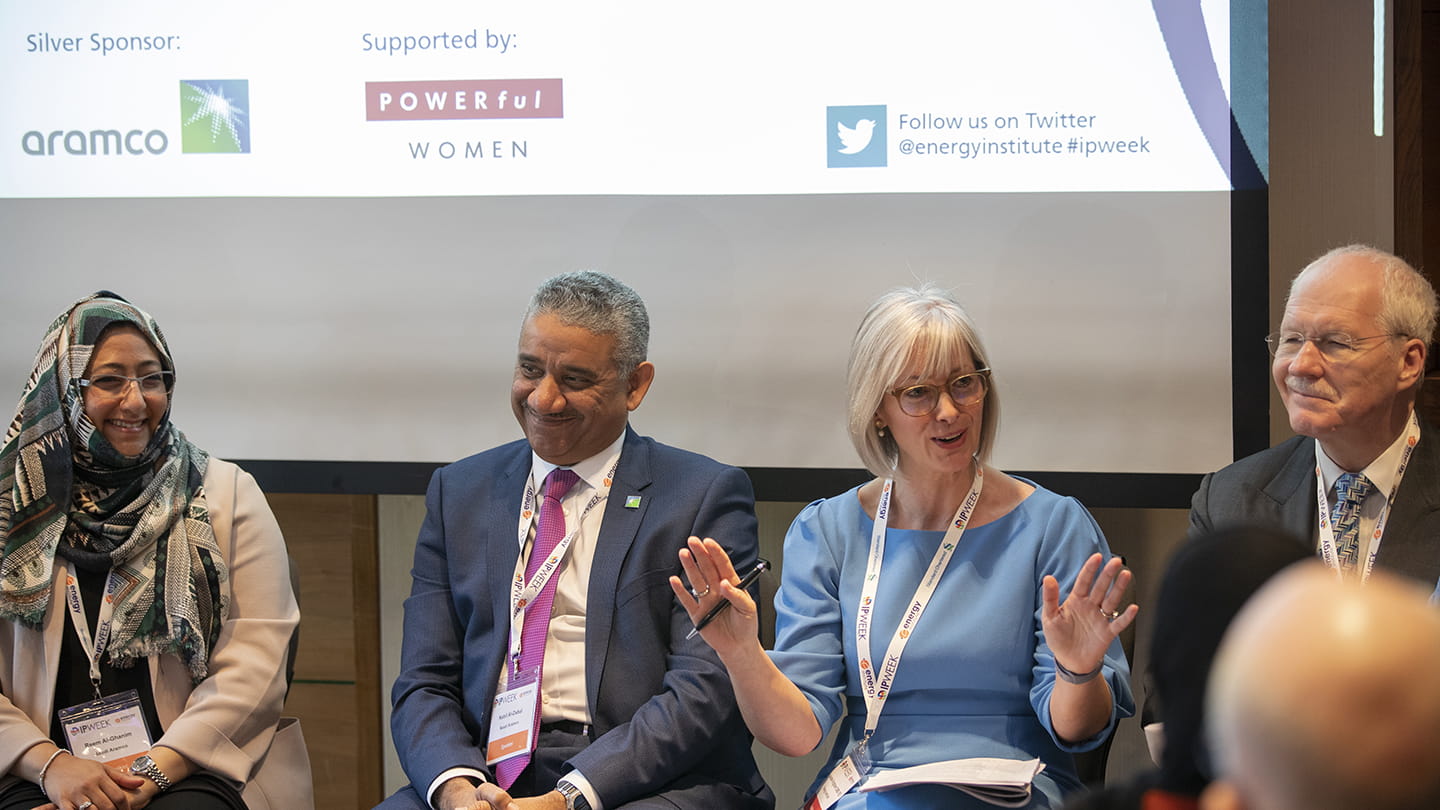The fourth industrial revolution is not only about furthering the needs of our economies, but also about ensuring sustainability and resilience for our people and our planet.
The energy industry is the heartbeat of our modern world, as it continues to propel economies, infrastructure and transport, never has so much been dependent on one industry. From smarter engines to the role of artificial intelligence, the industry is adapting for the future. However, as it leaps forward in areas like carbon capture, there are area that continues evading grasp, such as gender equality. The energy industry ranks 8 out of 9 industries surveyed by the Boston Consulting Group (BCG) in relation to gender diversity, being ahead of construction only. With just 22 per cent of its workforce being female, it has a long way to go in comparison to Health & Social Work (60 per cent) and Education (55 per cent). The challenge increases with seniority, as women in the workforce gradually decrease from 25 per cent to 17 per cent between middle management and senior leadership. Upon further scrutiny, we find that fieldwork has even more to contend with, as on average females account for just 10 per cent.
Why does the industry face such challenges? For some, the answer is simply that energy has been male dominated since the beginning of time and it will take a lifetime to change that. For others, several factors make the energy industry an unappealing career choice… Globally, the number of females in STEM (science, technology, engineering and maths) education is around 20-30 per cent, compared to their overall participation in tertiary education, which is on average between 50-60 per cent. With fewer women in the talent pool at the beginning, there are fewer at the end, meaning fewer for the energy industry to target for technical roles.
Additionally, the perception of the industry for both men and women, is that it is male dominated. Coupled with the lack of female role models, women do not feel encouraged to enter the field. An overall perception of lack of support, diversity and family-friendly policies, fuels the lack of interest among women to begin their careers in energy and pursuing them to the top.
Furthermore, men perceive women as less flexible and therefore less suitable to certain roles. With an already low number of women at the top, there is less representation in the decision making process on policies and promotions to counteract this view. Speaking with Reem Al-Ghanim, Diversity & Inclusion at Saudi Aramco, she shares some of the initiatives energy companies can adopt to encourage women in the industry.
“First, focus on the pipeline and the importance of encouraging girls from as early as seven years old to study STEM, and maintain this encouragement throughout the career ladder.”
Reem Al-Ghanim - Diversity & Inclusion, Aramco
With various programs designed specifically for women, Aramco focuses on developmental opportunities at each stage of the career life cycle, from entry level to leadership. Important in supporting the pipeline are experiences. “When women are offered experience doing a job, especially those that were once restricted, we are able to develop their skills in on-job development programs and further their technical expertise.”
“Second, is to challenge pre-conceived perceptions about the roles of women in society, unconscious bias and how we define physical capabilities.” With inclusion training aimed at leadership as well as technical and professional fields, Aramco is able to encourage a more inclusive culture.
“Finally,” says Al-Ghanim “is to create an enabling environment through policies and infrastructure.” Here companies should look at things such as facilities in the field and policies for maternity and parental leave.
Speaking on what has made her most proud, Al-Ghanim said, “the women who have started to work for the company over the last 10-15 years, earning their education and doing a wonderful job… and alongside them, the men who have championed their journeys.” The value of gender diversity in the workplace has been documented; it not only allows us to have a fairer society, providing opportunities for all who seek it, but benefits businesses too. The World Economic Forum reports that women's participation in the workforce is no longer a social issue, but can cost entire economies lost value.
The BCG group also reports that increased gender diversity has been associated with improved problem solving, greater creativity, and lower-risk decision making, primarily due to the addition of 'female traits' such as collaboration and empathy.
An energy sector that is organically diverse currently does not exist. However, by focusing on the three areas of pipeline, perception and environment, we are able to engineer equality; maybe one day it will then become the norm. With the importance of diversity in teamwork & innovation, maybe the key to the fourth industrial revolution lies in ensuring a more favourable working environment for both women and men.




